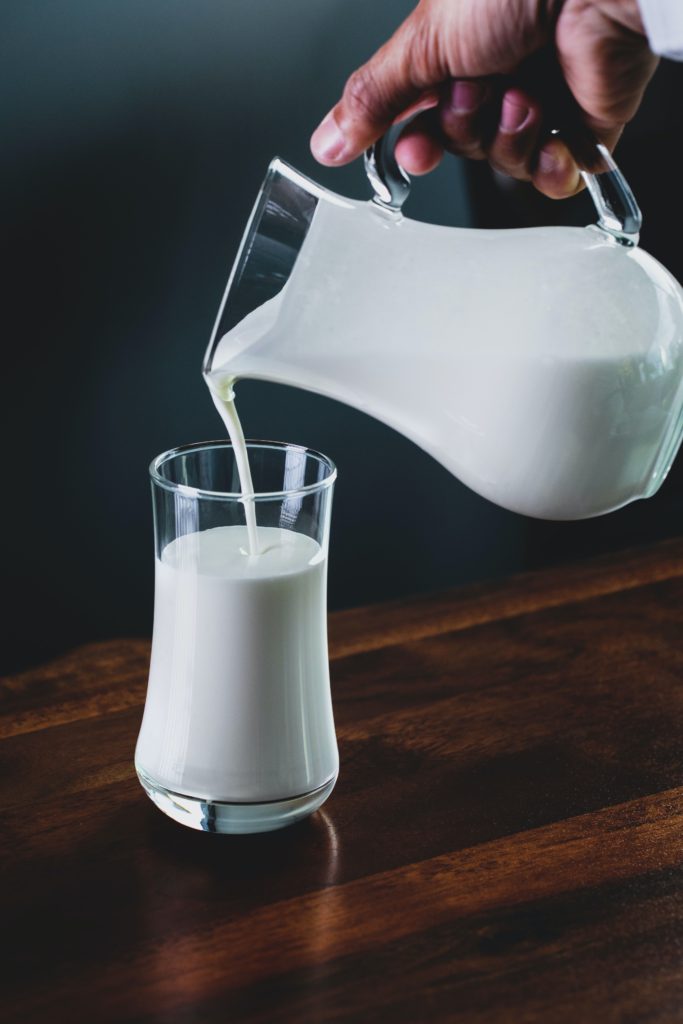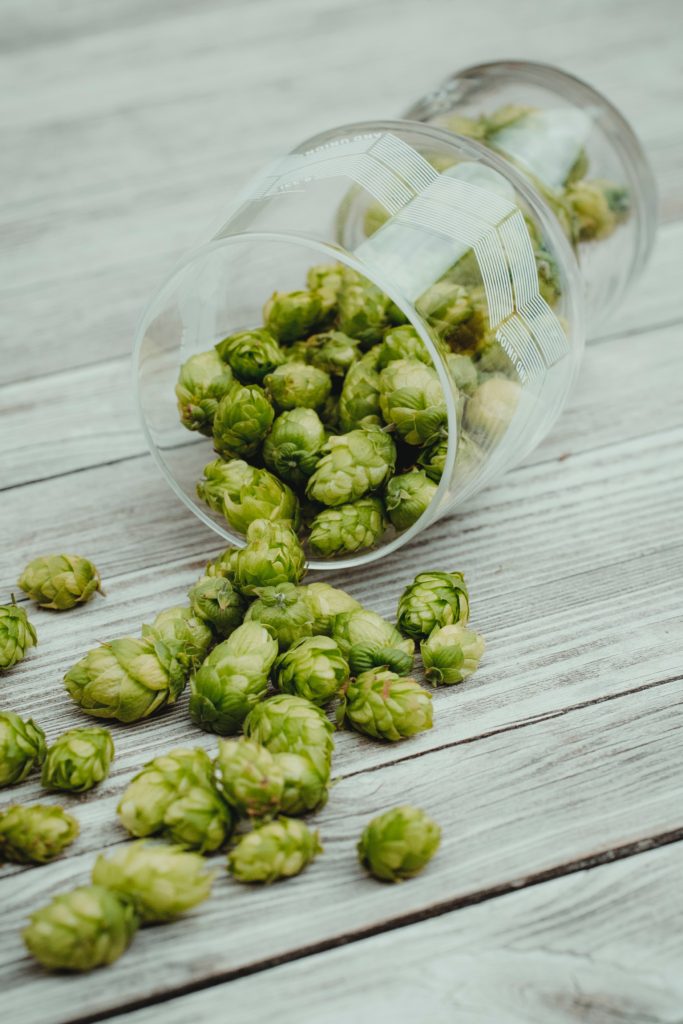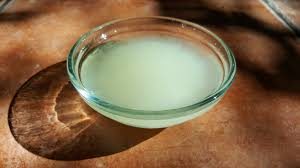Why You Should Watch Your Diet?
In Ayurveda, a lot of stress has been laid on proper food habits. Some of the food combinations result in production of toxicity inside the body due to their being opposite in action. This is because intake of these combinations causes toxicity. It further creates an impurity in the blood stream resulting in production of skin disease.

Wrong & Incompatible Food Combinations
These incompatible diet or food combinations are called as Virudh Aahar. A few types have been listed :
1. Guna Virudh
This means the foods are opposing in properties. Taking a hot and a cold product simultaneously. An example is eating a pulse called kulth with milk.
2. Kaala Virudh
Foods that are against the climatic conditions. For eg. Intake of more food food stuff that are warm in action during summer like dry fruits in summer season.
3. Agni Virudh
The diet that is against the digestive powers. Eg. Taking a heavy meal by a person with lesser digestive powers.
4. Matra Virudh
This means when the diet is against the quantity. For example Honey and ghee (clarified butter) when taken in equal quantities results in toxicity.
5. Prakiriti Virudh
Food combination that is against nature like taking fish with milk.
6. Dosha Virudh
When the diet is against the doshas or the body humours. A person with a particular constituency, if takes more of the products which further aggravate the dosha. Eg. A person with increased pitta keeps on taking hot, fried and spicy food.
7. Parihar Virudh
Some products which should not be taken after eating something. For example taking cold water after eating ghee is harmful.
8. Sanyog Virudh
Some combinations which act as toxic eg. When milk is taken taken with sour products.

Ayurveda Diet Tips And Recommendations
Three pillars support our ‘building’ of health viz. balanced diet, daily exercise and proper rest.
Our diet should be nourishing and contain all the important components i.e. carbohydrates, proteins, fats, vitamins, minerals and fiber.
Also, it is equally important to drink 8 to 10 glasses of water everyday.
The daily food intake should preferably be freshly cooked, appealing to taste and easily digestible.
Intake of spicy, fried foods, cold drinks, caffeine rich foods and drinks, alcohol etc should be minimized.
The 6 Tastes
Try and includes all the six tastes in your daily diet so as to enjoy the fruit of health. These are sweet, salty, sour, pungent, bitter and astringent.
But it is less known fact that these not only render the differentiation of tastes but also provide a good contribution to your basic health.
These various tastes result into nurturing into various actions in the body systems. It is therefore advisable to choose and supplement the same after actually considering your body needs and suitability. So as to become a proud possessor of sound health, it is also equally important that your daily diet contains all the six tastes.
Effect of Various Tastes On Your Health
- The sweet taste is believed to increase the general body resistance against a disease. As per Ayurvedic text, this specific taste helps to increase the body tissues and as a consequence, it enhances the ‘Ojas’ or the vital energy reserve of the body and mind. This taste therefore aids in increasing not only immunity, but also the general health of an individual and keeps aging at a distance.
- Sour taste is believed to enhance the strength of the body by providing nutrition to the body tissues. Also, it increases the taste for food and salivation.
- The salty taste imparts a relish for the food and provides softness to the body parts. At the same time, it causes a decrease in the body strength of an individual and increases weakness and lethargy.
- The bitter taste is believed to cause demolition of body tissues and obesity. It is also anti toxic in nature; and thus destroys intestinal parasites and aids in curing skin ailments.
- Pungent taste is a blood purifier and helps in creating a good appetite. Also, it has a nature of drying the body tissue mainly mucous, fat and pus.
- Astringent taste causes dryness of the body tissues and lessens the secretion from mucous membranes.

Effect On Digestion
- The tastes also show different processes of digestion. The diet articles that are sweet, sour and salty in taste have the property of being heavy, slimy and oily. Therefore the same are mildly laxative by nature.
- Whereas, the other three tastes i.e. bitter, pungent and astringent are light and dry by nature and so tend to cause constipation.
Cold And Hot
All the six types of tastes, according to their mode of action, can be divided into two categories – Cold and Hot.
The tastes sweet, pungent and astringent are considered to be cold in nature and thus provide a cool to the body system by reducing the body heat. Therapeutically, these are used in heat related disorders like fainting and burning inside the body. Whereas, the other three tastes i.e. sour, salty and bitter are generally hot in nature and therefore act in increasing the body heat.
For a virtuous and sustained healthy living, it is important to cultivate the habit of using all the six tastes in our daily diet. The knowledge of their actions on the body systems can prove helpful so as to supplement the desired taste, in accordance to the body requirements. And the timely curb on the tastes more extensively used, can help to keep the disease at a distance.
A balanced intake of all the six tastes ensures good health. Whereas, these ‘Rasas’ or tastes when taken in disproportion results into distortion in either of the three ‘Doshas’ or body humors viz. air, heat and phlegm, and this results into production of a disease.
About the Author:
Dr Sonica Krishan is Author and Speaker in the areas of Healthy and Joyous Living through Ayurveda, Meditation, Yoga and other Contemplative practices. She is a leading Ayurveda Professional in India. She is also Health Writer, Columnist, Editor, Ayurveda Consultant and Holistic Healing Coach. Dr Sonica is open for National as well as International Collaborations with interested people / institutions in fields of Ayurveda, Meditation and Yoga.
Dr Sonica Krishan’s Books are available at Amazon
More Blogs:
Vegetarian Or Non – Vegetarian Diet – Decide For Yourself



